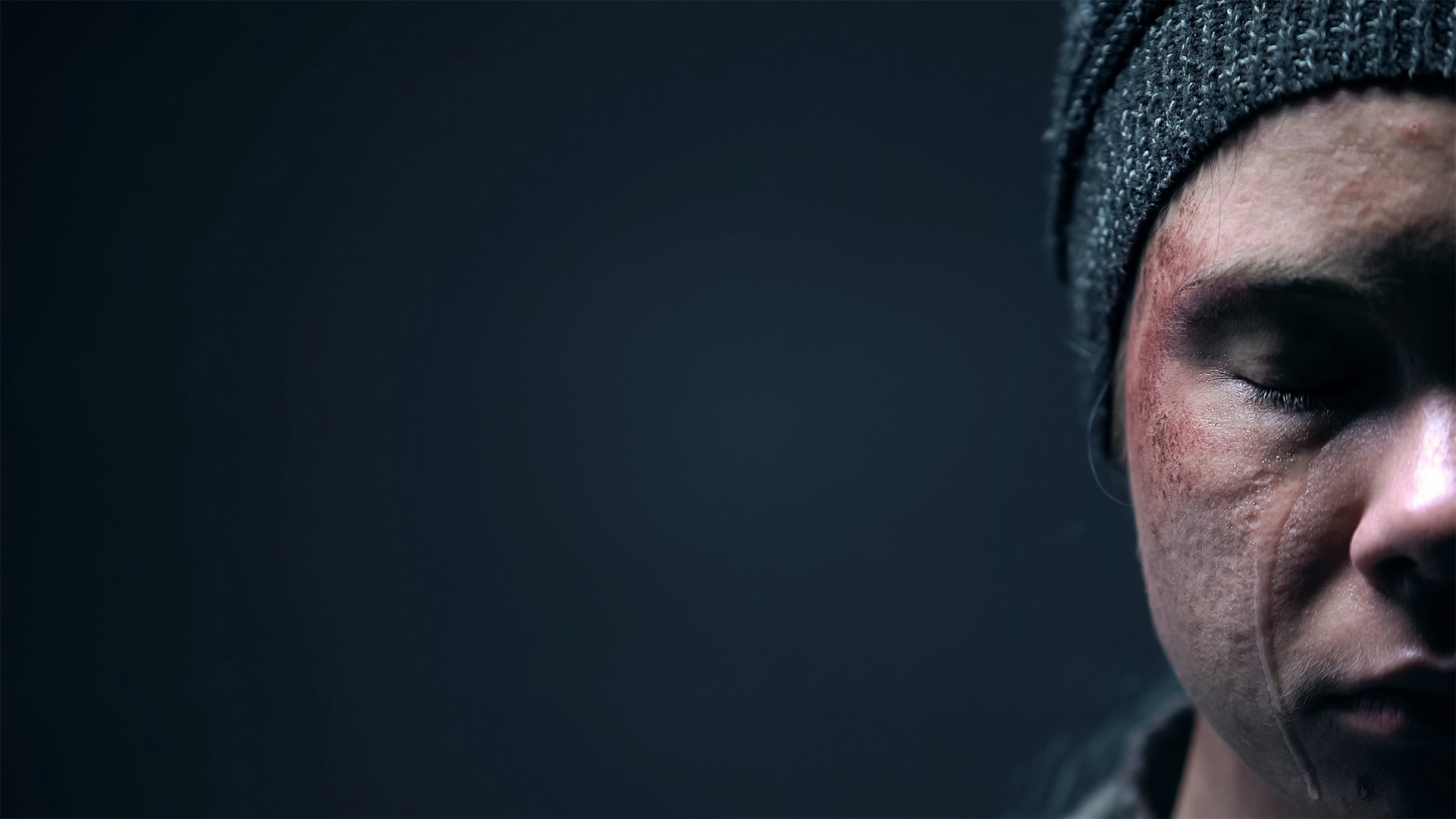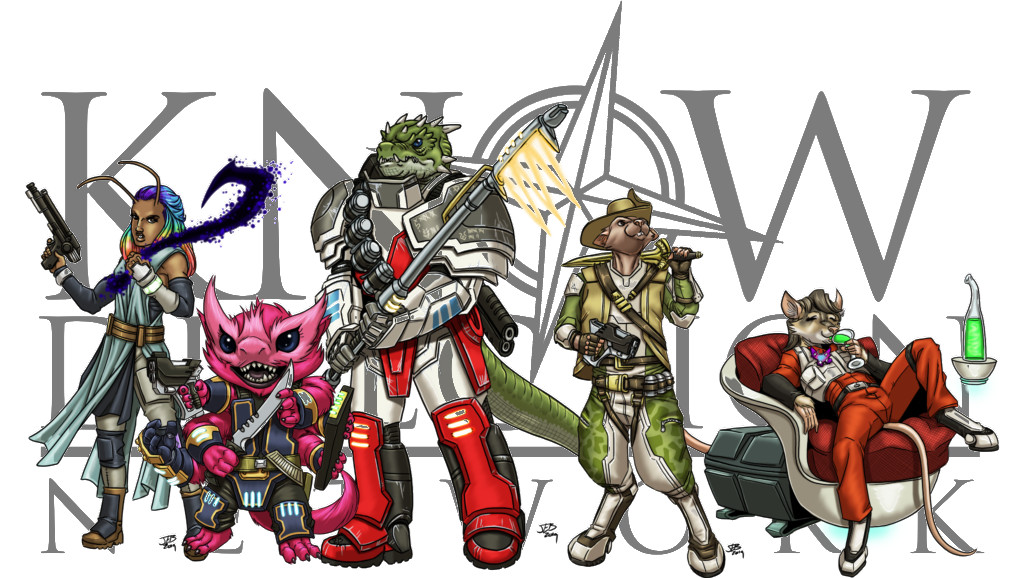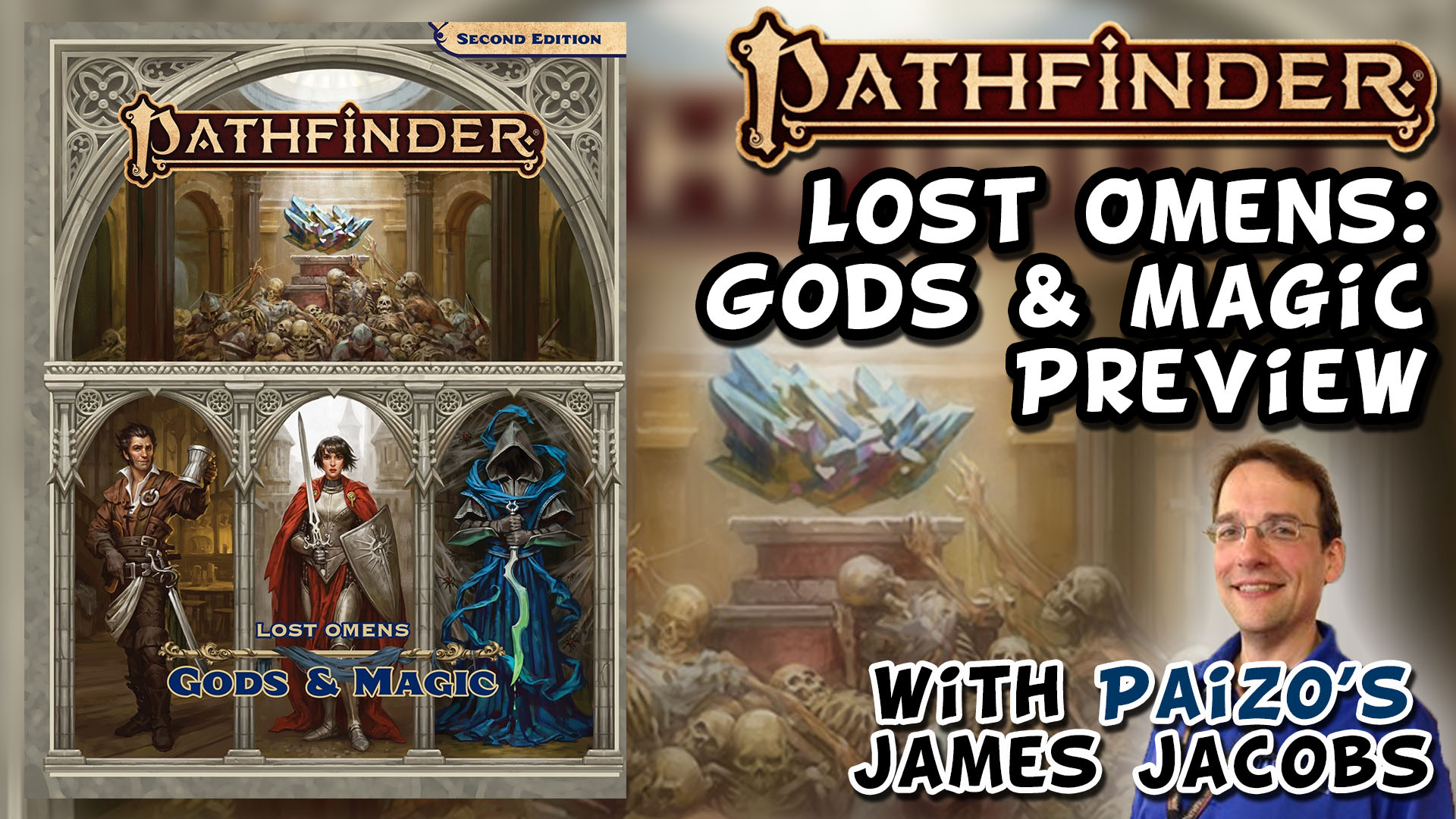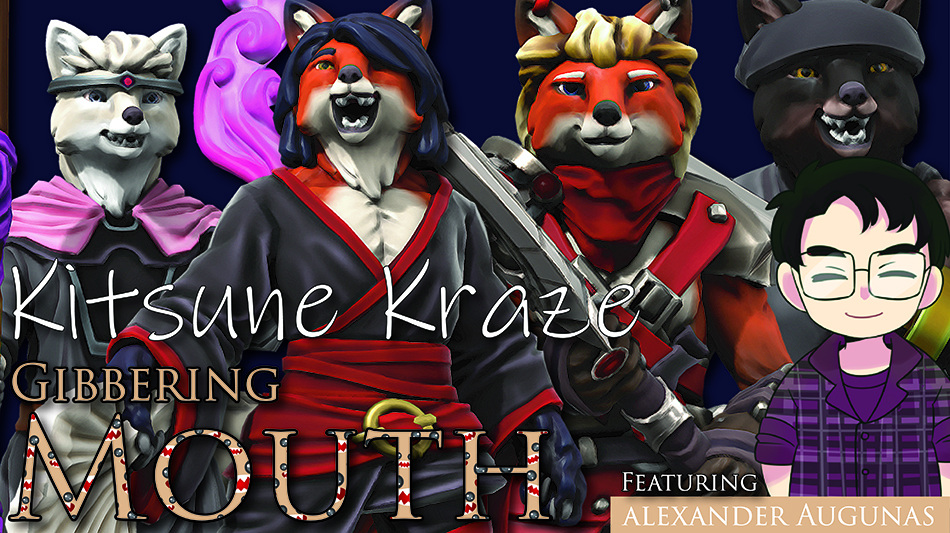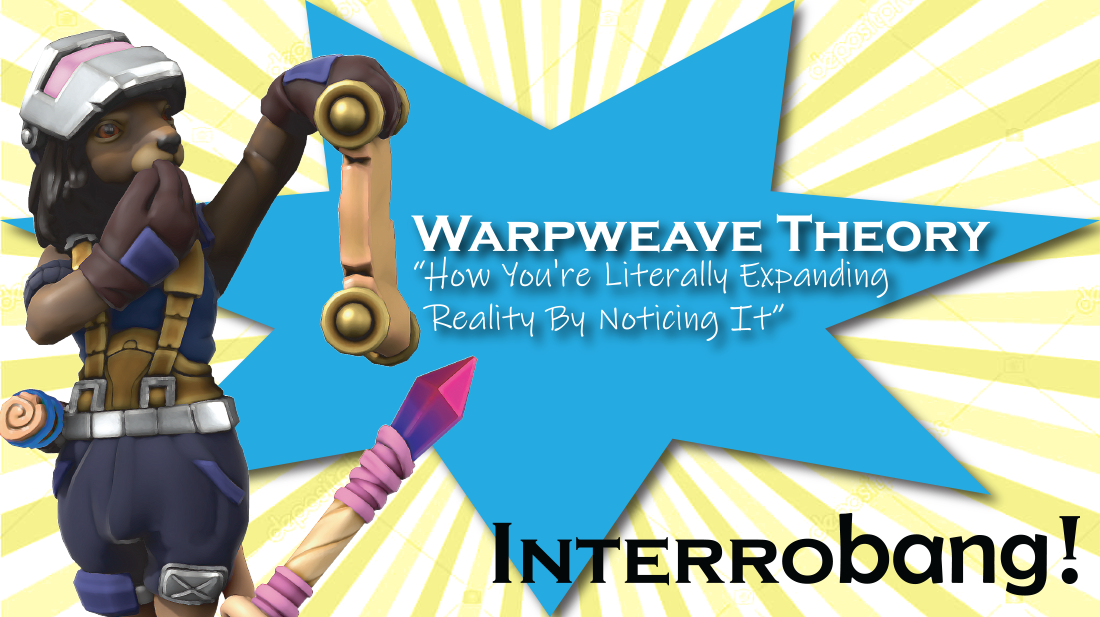Welcome to Guidance! I’m Alexander Augunas, the Everyman Gamer, and I like to think that we’ve never shied away from hard topics here on the Know Direction Network. As a general rule, I think that talking about things that are difficult to talk about makes our community stronger, especially when we’re willing to have difficult conversations with a measure of grace, compassion, and humility. It’s with this mindset that I present a topic that I’ve had rattling in the back of my head for a while, fermenting: depictions of what I’m going to call “human cruelty” at the table.
Now, when you hear a title like “human cruelty,” you probably start by thinking to yourself “Goodness me, Alex! I NEVER depict human cruelty at my high-class Tabletop Table!” Sadly, chances are that you do and honestly, in some situations that’s FINE. I’m not here to tell you that bad things can’t happen in your campagn. What I am here to tell you, however, is that any depictions of human cruelty need to be handled with grace, compassion, humility, and most importantly CONSENT. So, ready to get started? I certainly am!
Defining Human Cruelty
Before we get started in earnest, I think that we need to take a moment to define exactly what I mean by human cruelty, because it’s a term that I coined specifically for this article. To the best of my knowledge, this term doesn’t really exist outside of this blog (but if a better, scholarly accepted term that matches my beat exists, please inform me about it on the Know Direction Discord). I define human cruelty as follows:
- A system of behaviors that promote discrimination, oppression, or violence between individuals that is overtly or covertly promoted by a culture or society.
To put another way, human cruelty a term that I use for systemic discrimination and oppression. It’s a term that broadly encompasses behaviors like racism, slavery, trafficking, and similar acts between people.
The Argument for Portraying Human Cruelty
While my personal stance forms the fundamental basis of this article, I would feel remised if I didn’t note the argument for unabashed inclusion of topics involving or relating to human cruelty in a tabletop RPG. Typically, these arguments include:
- “These are real issues that happen in the real world, and my game doesn’t feel real without them.”
- “People are inherently terrible towards each other. Human cruelty is a byproduct of human interaction.”
I would like to take a moment to address these issues. Regarding the first, most tabletop RPGs gloss over your character’s childhood and instead focus on a period of 1-6 months where your character evolves from an average person to a godslayer. Is this going to be all TTRPG experiences? Of course not. But if your campaign was that way, you probably wouldn’t think twice because rapid acquisition of player power via leveling up is a hallmark part of the Tabletop RPG experience. You’re willing to overlook the unrealistic aspects (“Hey guys, I know I just got run through by a minotaur horn a minute ago but that Treat Wounds use of the Medicine skill has me feeling fine and dandy now; let’s keep moving!”) because they directly contribute to the play experience, sometimes enhancing it. Likewise, it’s not always fun to have your character bedridden by the flu for a week even though that’s SUPER realistic, so you have the player try a few Fortitude saves and gloss by the rest. Topics of human cruelty are sometimes better treated like the flu; glossed over to improve the player experience (more on that soon).
Regarding the second point, that is such an overwhelming pessimistic view of humanity that I’m honestly not really sure where to begin refuting that. The real world has plenty of real examples of extremists who inflict terrible acts of human cruelty and suffering onto each other, yes, but the world also has plenty of real examples of helpers who give generously and greatly to others. People who need help receiving help from others; people who reach out and offer a helping hand during times of tragedy; people who, in a single moment, save lives. In general, TTRPGs tend to ignore the helpers in the world unless they’re PCs. After all, many such games are predicated on the PCs taking the roles of those helpers, those heroes. If you can ignore the helpers of the world, you can ignore the extremists of the world too.
The Argument Against Portraying Human Cruelty
So we’ve discussed human cruelty and why many GMs feel like they need to include it as a theme in their adventures. Let’s talk about why that’s not always a great idea. Ultimately, it boils down to the concept of escapism. For many people, tabletop RPGs and other forms of entertainment are about escaping the problems and plights of the real world in favor of something better, or at least a place where those problems aren’t something the player has to deal with. And that’s a good place to bring up the concept of privilege. If there’s one thing that progressives aren’t great at, it’s conveying the meaning behind their ideas and privilege is a great example of this. By definition, privilege is a right or advantage granted to a particular person or group. Generally, when people claim they don’t have privilege they think about the advantages they have rather than what they don’t have: that’s because society is very discrete in how it assigns privilege to people, and privileged people are often taught from a young age that their privilege is “just the way things work,” so it’s becomes taboo to look one’s privilege in the mouth, so to speak.
In regards to human cruelty, many of the people who need help understanding why human cruelty might not be a great topic at the table probably have privilege that makes a deeper understanding of these topics unnecessary. For example, systematic racism is absolutely an example of human cruelty, but if you’re white you’ve never actually encountered systemic racism. You might have encountered someone whose actions towards you were racist, but that is a single person. White people don’t have to worry about realtors in unique denying them the ability to purchase New York City homes in affluent areas of the city, and Christians don’t have to worry about nation-spanning organizations united only by a desire to see people of their faith eradicated from the country deciding to bomb their place of worship during mass. But these are very real concerns for many people in the country (let alone the world), and they are EXHAUSTING. Anyone who’s ever worried about anything for an extended period knows that true anxiety saps anything out of you, and someone looking to tabletop RPGs for escapism and instead finding a privileged GM trying to make a “real” setting by forcing the worst aspects of their life upon them during their moments of escapism add to that exhaustion rather than alleviate it. The cost of enjoyment isn’t worth the inclusion of human cruelty in your games, no matter the circumstances.
Consent and Cruelty
So, we’ve talked about what human cruelty is, debunked two common reasons people like to include human cruelty in their campaigns, and discussed why you shouldn’t use human cruelty in your campaigns. So, when SHOULD you discuss themes of human cruelty?
For many people, topics of human cruelty are exhausting because they hit close to home for them. These people actively lose enjoyment of a tabletop RPG session the longer that they’re exposed to such topics. But for other people, the chance to interact with and change systemic human cruelty is exactly the experience they’re looking for in their tabletop RPG. These people don’t mind the fact that racism and violence exist in the game world if their characters have the chance to successfully fight it, much as they might fight some other overwhelming force like an ancient dragon. But the most important aspect of this mindset is the desire to engage with human cruelty.
As a result, my recommendation in regards to human cruelty is to ask your players for their thoughts on the subject. If you’re using a data gathering matrix like an X card, it’s a good idea to tell your players that you want their thoughts on consent in addition to any other lines or veils they have so they can submit that feedback to you. If your players are cool with it, then go for it. If they’re not, it’s understandable and you now have an obligation to either gloss over or omit entirely those themes. Pretty easy, right?
So your players say YES to human cruelties in their game. How do you engage them? Remember that human cruelties are, well, cruel. Don’t try to portray them (or the people who engage in them) as sympathetic. In the best case scenario, people who engage in oppression or discrimination do so because they’ve been systemically taught that such behaviors are “just how things are,” but just like you wouldn’t forgive a soldier who committed a war crime they were unaware of, ignorance should not excuse anyone from engaging in human cruelty. More often, you’ll want to go to the extreme and portray people who partake in human cruelty as the worst of the worst. Paizo’s new Age of Ashes adventure path follows this idea well; it heavily features slavers as unapologetic antagonists that the PCs need to disrupt and defeat. And speaking of Paizo…
Publishers and Human Cruelty
In general, I don’t think publishing about human cruelties is generally wrong, but there is a right way and a wrong way to do it. For good examples of both, we can actually turn to our friends at Paizo. For all of First Edition Pathfinder, Paizo had this problem with slavery in particular in that Paizo wanted to portray slavery as being something that was morally reprehensible (as portrayed in many PFS adventures where players aggressively engaged in actions aimed at ending slavery in the Inner Sea region) while also portraying it as a legal practice in many locations in the world, to the extent that several books listed common prices for slaves in them. Slavery threads popped up on the forums frequently with people essentially debating whether slavery was human cruelty if it was also institutional (yes, it is, and gross) and claiming that PFS’s freedom fighting faction was actually a terrorist organization (also ick).
Moving into Pathfinder Second Edition, Paizo corrected this by abolishing slavery as a legal practice in most of their campaign setting, save in places explicitly coded as being run by evil governments. This was accomplished in part by a major PFS 1st Edition scenario where Pathfinder players working with Liberty’s Edge actually accomplish their mission of freeing every single slave in the city of Absalom (check out Siege of Absalom, which I believe is 9-00), and that deed is carried forth into the new edition. Plus as I mentioned, their first adventure path hammers home that slavery is wrong by having the main antagonists be a group of slavers resisting the new world order.
Good on Paizo for fixing a grossness in their campaign setting!
In Conclusion,
Human cruelties such as slavery and racism are heavy topics with a ton of baggage that people are still weighed down by to this day. As real as you might think they make your setting, your setting is also a place where dudes in pointy hats lob fireballs that 10-ton dragons who I guess can fly. If you can tell physics to shut up and take a seat, you can tell human cruelty to shut up and take a seat for the benefit of your players.
As I sign out, I’d like to reiterate that human cruelty doesn’t have to be perpetrated by humans or against humans in a roleplaying game. Obviously elf slavemasters and kitsune slaves or whatever can still be uncomfortable topics for players to grapple with, so use all themes of human cruelty perpetrated by anyone and to anyone with care. This has been Alexander Augunas, the Everyman Gamer, and I’m signing out!
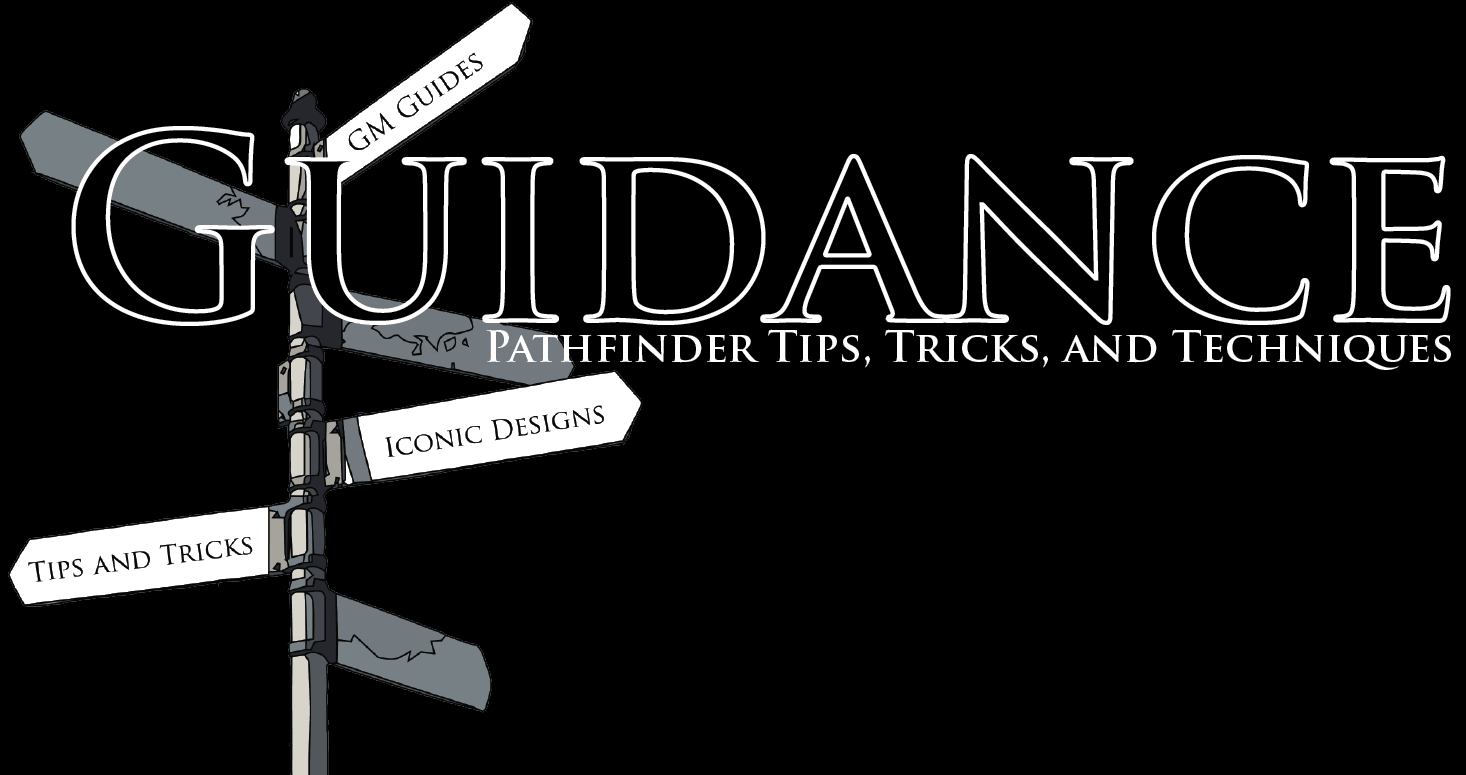
Alexander “Alex” Augunas has been playing roleplaying games since 2007, which isn’t nearly as long as 90% of his colleagues. Alexander is an active freelancer for the Pathfinder Roleplaying Game and is best known as the author of the Pact Magic Unbound series by Radiance House. Alex is the owner of Everyman Gaming, LLC and is often stylized as the Everyman Gamer in honor of Guidance’s original home. Alex also cohosts the Private Sanctuary Podcast, along with fellow blogger Anthony Li, and you can follow their exploits on Facebook in the 3.5 Private Sanctuary Group, or on Alex’s Twitter, @AlJAug.

